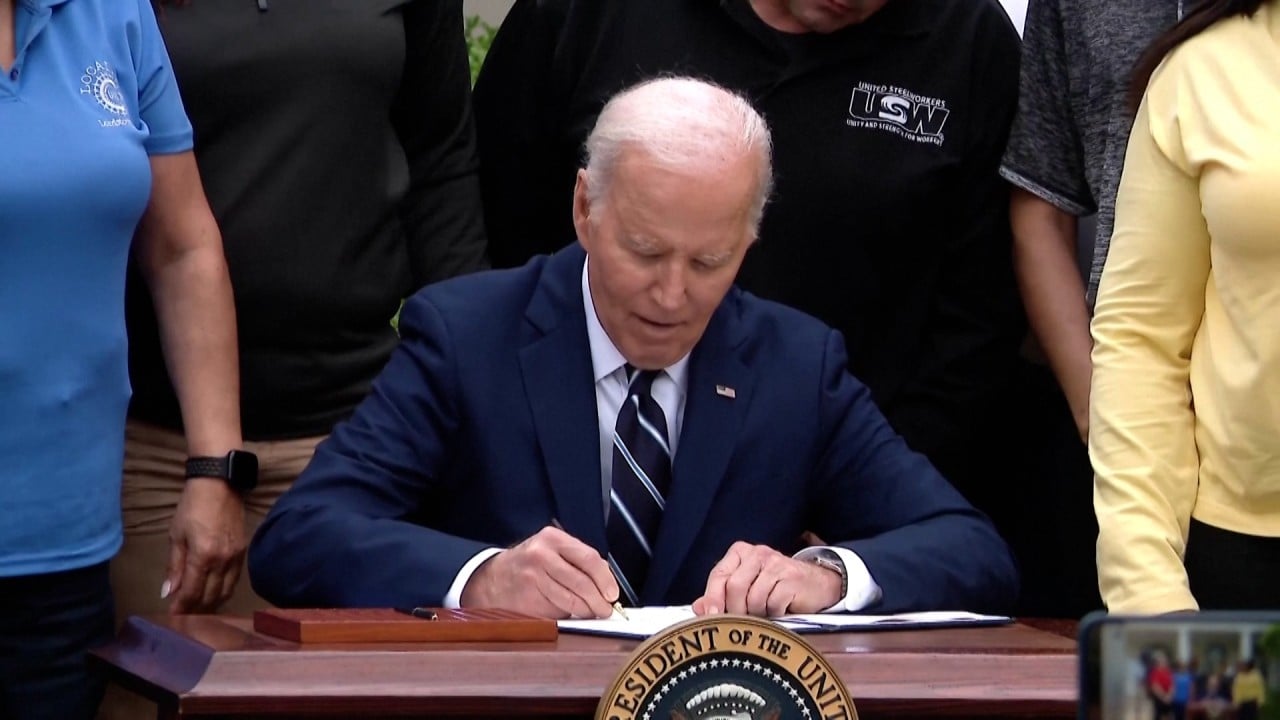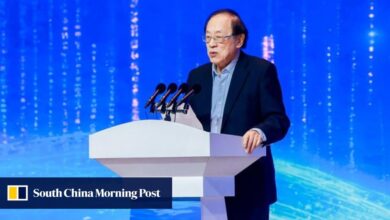China decoupling creating whimper, not bang, in Asia, ratings agency says

“Trends in exports and inward foreign direct investment (FDI) show that, overall, the role of Asian economies – including China – in global supply chains is changing only modestly,” said S&P Global Ratings in a report on Tuesday.
US-led efforts to diversify distribution of goods away from China have escalated in recent years, with trade tensions on the rise in major Western markets and other Asian suppliers like India and Vietnam entering the limelight.
While China’s share of imports in developed markets like the US and Japan have fallen over the last six years, exporters’ gains in emerging markets have kept its overall global market share slightly higher, according to S&P.
“Exports of Chinese-brand capital goods, electric vehicles, smartphones and home appliances have expanded rapidly in recent years,” it said.
“Since around 2010, normal exports have vastly outpaced processing exports.”
The shift of production from China to Mexico and other emerging Asian economies, for instance, was said to have seen only “surprisingly modest” gains.
While India’s share of Asia and Mexico’s combined exports rose to 5.2 per cent in the year leading up to June 2024 – up from 4.8 per cent six years prior – this increase was just one-tenth of the gains China reported over the same period.
Since 2022, China has seen a plunge in its share of Asia and Mexico’s total inward FDI, but gains for emerging markets overall have been limited, S&P said, citing India’s falling share over six years and Mexico’s which remained roughly the same.
The ratings agency said the data underscored an “important, sobering point” about the impact of deglobalisation and decoupling on Asia.
“This means there are fewer winners in Asia from decoupling away from China than is often assumed.”
China is expected to be a central issue in the coming US presidential debates between current Vice-President Kamala Harris and Trump, with the first set for September 10.
Source link




